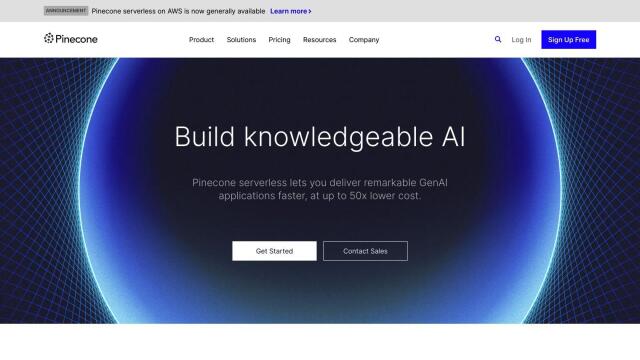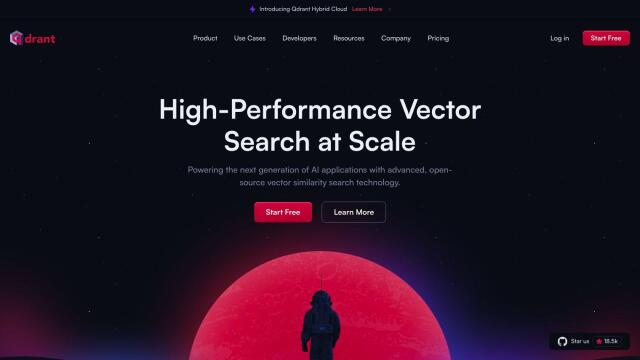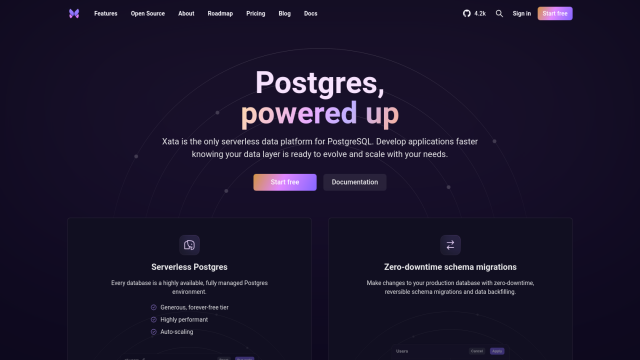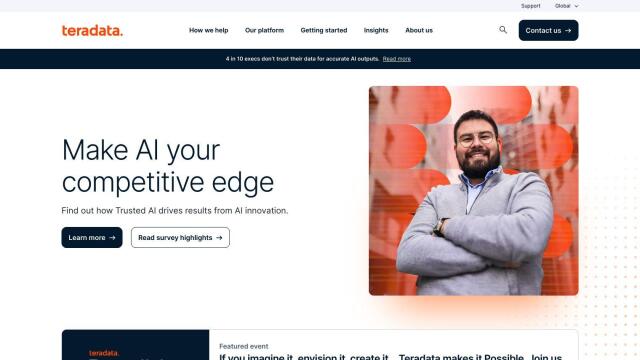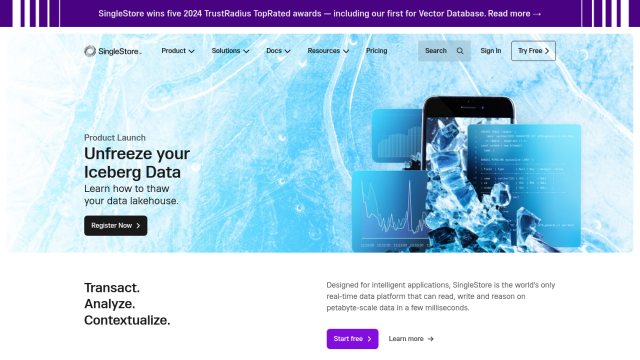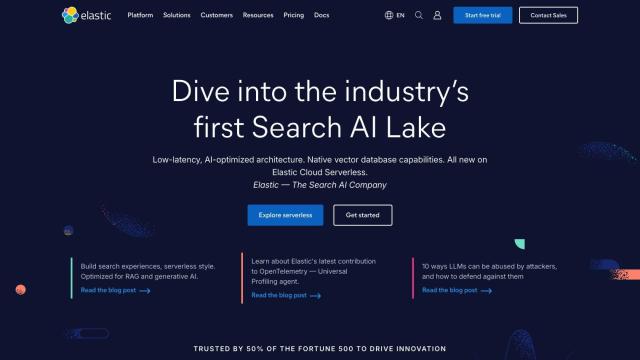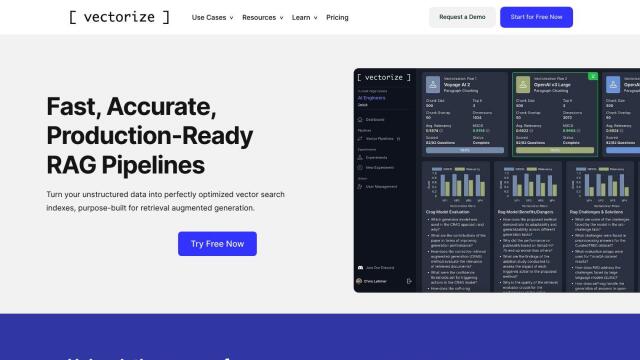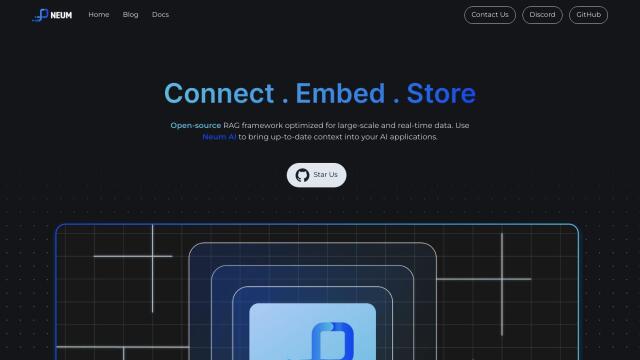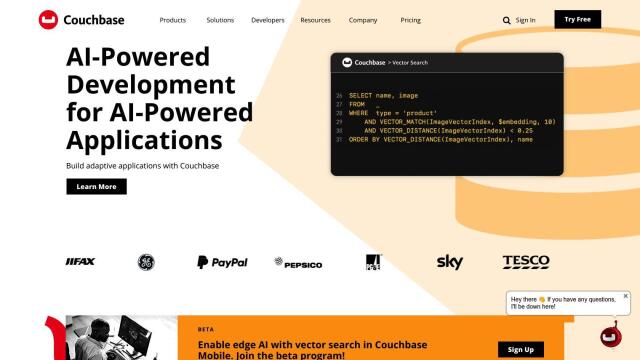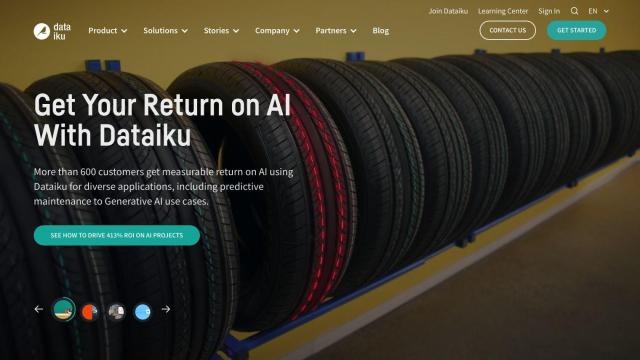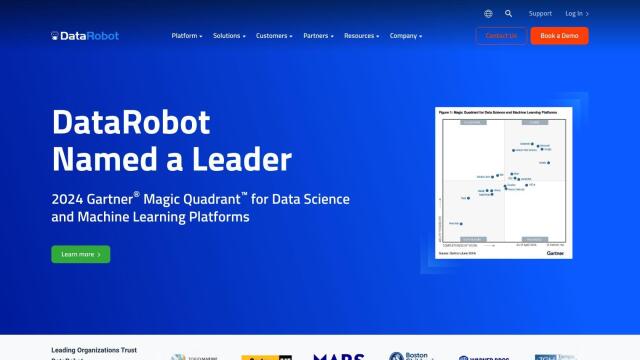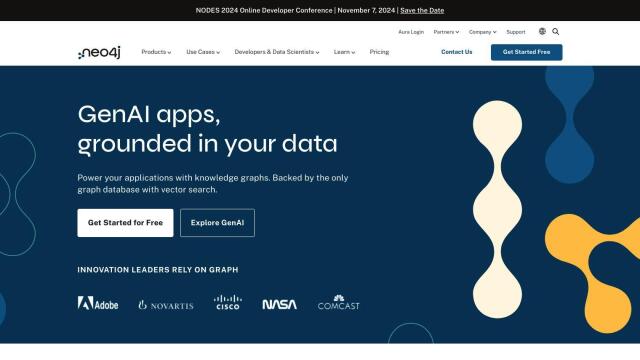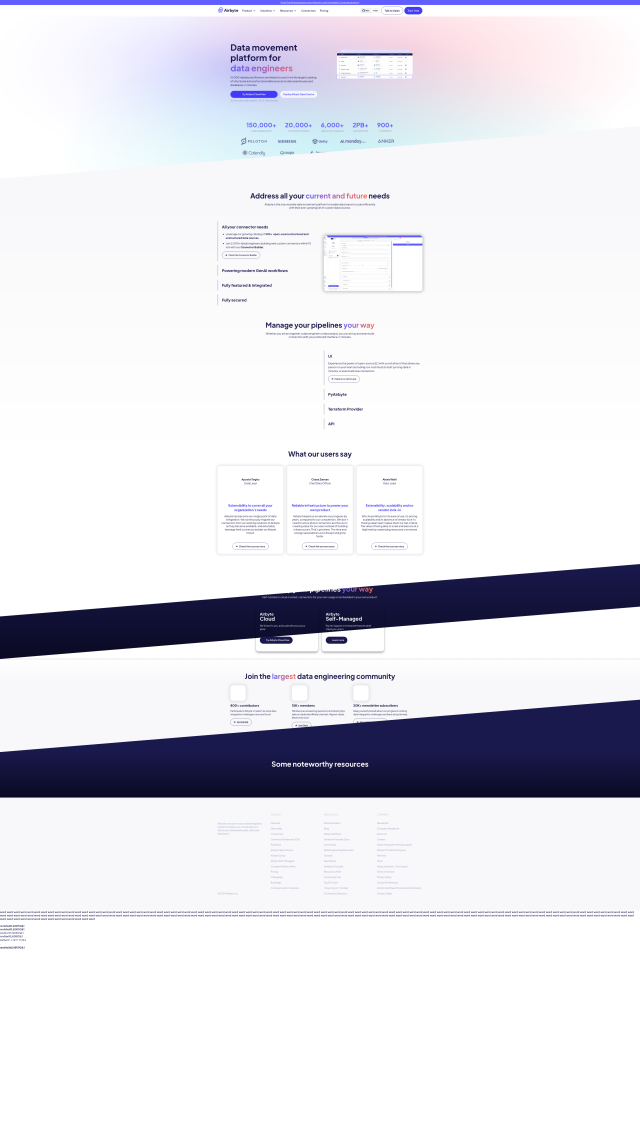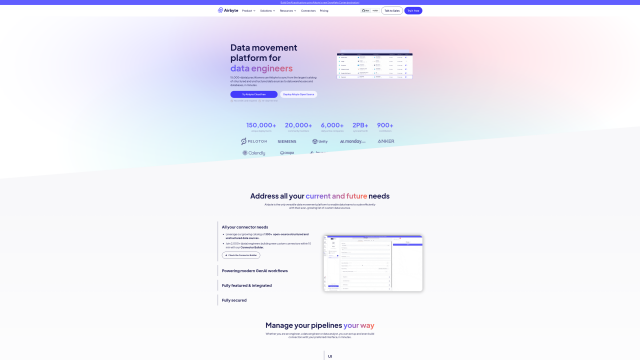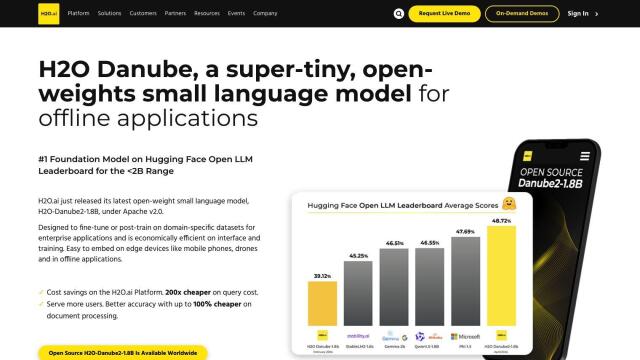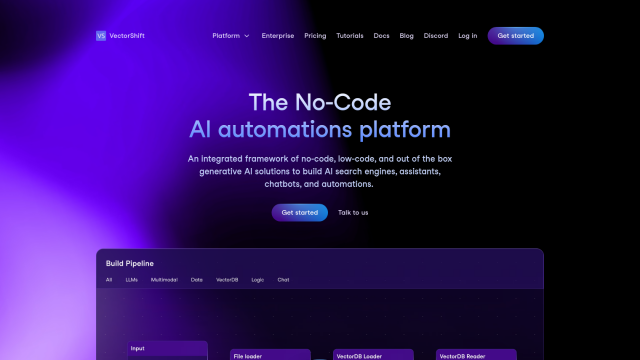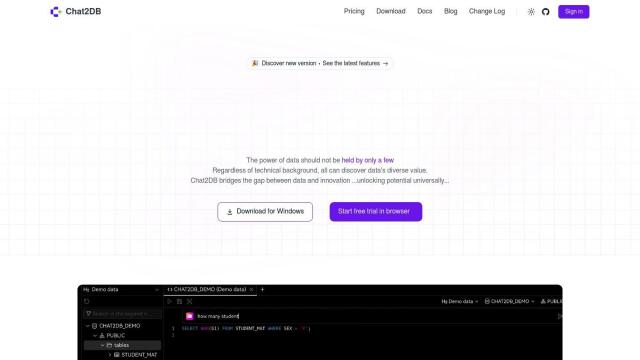Question: Can you recommend a database extension that offers native AI vector processing and analytics lakehouse capabilities?

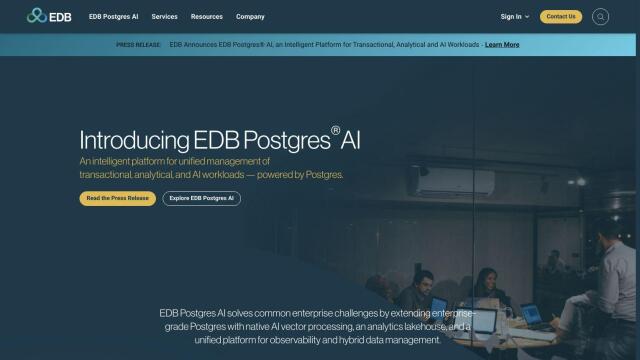
EDB Postgres AI
If you want a powerful database extension with native AI vector processing and analytics lakehouse abilities, EDB Postgres AI is a good option. It runs transactional, analytical and AI workloads on the Postgres database engine, providing unified observability and hybrid data management. With features like AI-driven copilots, automation, high availability and performance, it's geared for companies that want to boost their AI and analytics in their Postgres-based workloads.

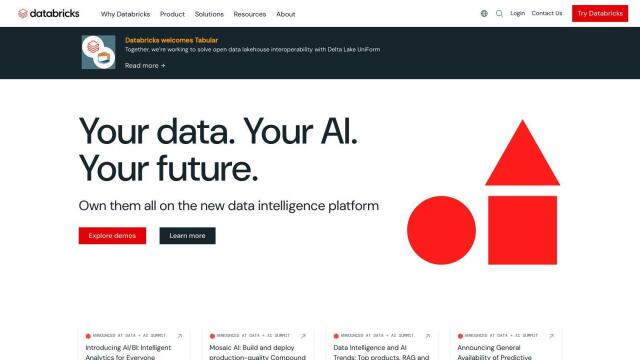
Databricks
Another top contender is Databricks, a data intelligence platform that marries generative AI with lakehouse architecture for a unified data foundation. It supports many tools for data ingestion, business intelligence and AI, and democratizes insights with an economical design. Databricks is built on an open, scalable foundation, making it good for many users and use cases, and it offers support, training and community involvement.

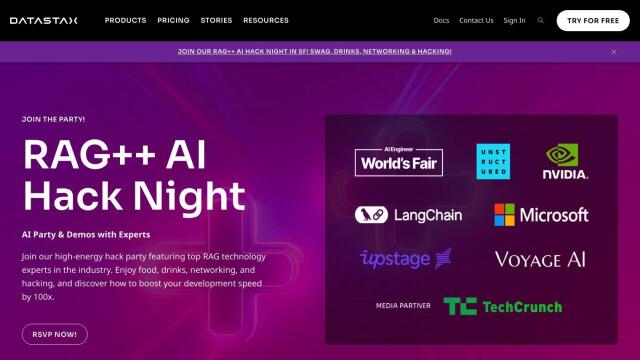
DataStax
If you want a vector database with high-performance abilities, DataStax offers Astra DB, which can handle both vector and structured data. Its Relevant GenAI and Fast Path to Production features make it a good choice for getting generative AI apps into production as fast as possible. With tight integrations and a pay-as-you-go pricing model, DataStax is good for small or large projects.


Vespa
Last, Vespa is another contender that marries AI with big data, with vector search, lexical search and search in structured data. Its machine-learned model inference is fast and scalable, and its auto-elastic data management means it's fast and low latency. Vespa spans a variety of use cases, including search, recommendation and personalization, so it's good for AI tasks.

